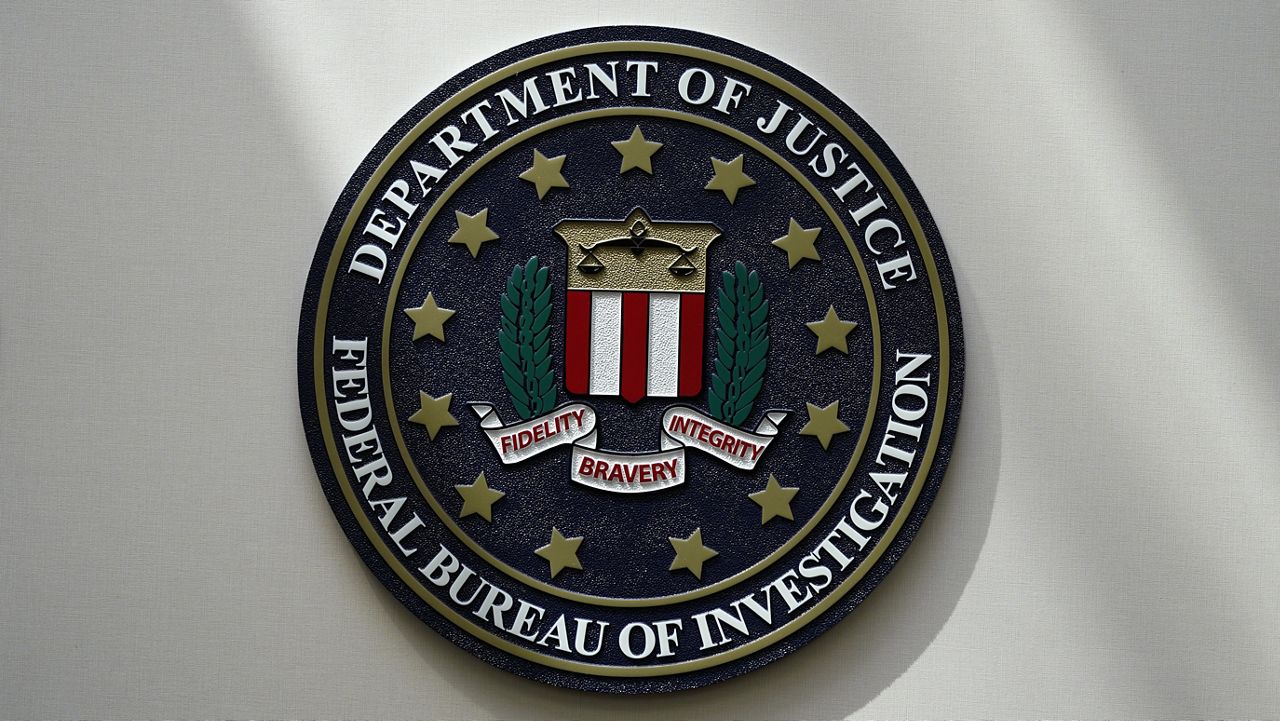LOS ANGELES — A federal appeals court in Pasadena Tuesday reversed dismissal of a lawsuit claiming that the FBI's search and seizure of property from a Beverly Hills safe deposit box company was unconstitutional.
What You Need To Know
- The contents of about 700 safe deposit boxes at U.S. Private Vaults were "inventoried" by the FBI during a raid on March 22, 2021, according to the opinion by a three-judge panel of the U.S. 9th Circuit Court of Appeals
- Although the company subsequently pleaded guilty to money laundering conspiracy and was fined $1.1 million in June 2022, none of the box holders was accused of any crimes
- The property was eventually returned, but plaintiffs pressed to have the government return or destroy records of the search, court papers show
- Jennifer Snitko, a Los Angeles resident who is among the plaintiffs in the suit along with her husband, called Tuesday's ruling "a validation"
The contents of about 700 safe deposit boxes at U.S. Private Vaults were “inventoried” by the FBI during a raid on March 22, 2021, according to the opinion of a three-judge panel of the U.S. 9th Circuit Court of Appeals.
Although the company subsequently pleaded guilty to money laundering conspiracy and was fined $1.1 million in June 2022, none of the box holders were accused of any crimes.
Box renters — including owners of Cartier bracelets, Rolex watches, firearms, gold bullion and cash — filed suit for the return of their property, alleging violations of their Fourth Amendment protection from unreasonable search and seizure and their Fifth Amendment protection from having private property taken without compensation.
The property was eventually returned, but plaintiffs pressed to have the government return or destroy records of the search, court papers show.
A Los Angeles federal judge rejected the request, finding that the government’s inventory of the safe deposit contents was constitutionally proper. The judge determined that federal law enforcement had not exceeded the bounds of its search warrant.
However, in the appellate court’s view, the inventory was improper, and the warrant signed by a magistrate judge in downtown Los Angeles did not, in fact, authorize a criminal search or seizure of the contents of the boxes.
Thom Mrozek, a spokesman for the U.S. Attorney’s Office, told City News Service that while the office declines to comment on the specifics of the ruling, “We are prepared to destroy records of the inventory search, which is the relief sought by the plaintiffs in the case.”
When U.S. Private Vaults, a Nevada-based company that operated on West Olympic Boulevard, was raided by the FBI and the U.S. Drug Enforcement Administration, agents broke open boxes, seizing drugs, firearms and large amounts of gold bullion and cash, as well as other valuables, from rented boxes, according to the criminal indictment against the company alleging three separate conspiracies to violate federal law.
The company admitted to having “recruited as its customers drug traffickers and other criminals” who paid over $550,000 in cash and bitcoin in exchange for the anonymous use of safety deposit boxes “to store the proceeds of their offenses, most often in stacks of $100 bills,” according to Private Vault’s plea agreement.
Unlike banks, vault customers were not required to use their names to access their boxes. Instead, the company used eye scanners and other means to keep client identities secret.
The Institute for Justice, a Virginia-based libertarian law firm that filed the plaintiffs’ lawsuit, said the warrant permitted the FBI to open boxes to identify their owners and safeguard the contents. Instead, the firm alleged, agents “rummaged through hundreds of boxes, ran currency they found in front of drug-sniffing dogs, and made copies of people’s most personal records.”
The government then filed a “massive administrative forfeiture claim to take more than $100 million in cash and other valuables, again, without charging any individual with a crime,” the IJ maintains.
IJ senior attorney Rob Johnson said the 9th Circuit’s opinion “draws a line in the sand, to ensure something like this never happens again. If this had come out the other way, the government could have exported this raid as a model across the country. Now, the government is on notice its actions violated the Fourth Amendment.”
Jennifer Snitko, a Los Angeles resident who is among the plaintiffs in the suit along with her husband, called Tuesday’s ruling “a validation. We knew that what the FBI did to us and so many others was wrong ... It took courage for Paul and I to be among the first people to stand up publicly and call out the government, but we are proud to have fought for our rights. This is a good day for our country and the principle that the government’s power to search our property has limits.”



